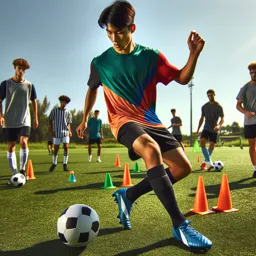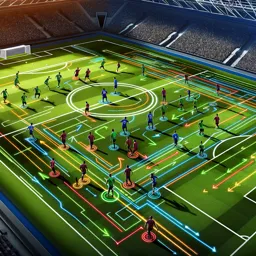Introduction
Self-defense is not only about physical techniques, but also about cultivating confidence, situational awareness, and the ability to set boundaries. Whether you walk through urban streets, travel to new places, or simply seek reassurance in everyday life, developing a self-defense mindset can empower you to feel safer, more prepared, and more in control.
The Power of Awareness
The foundation of personal safety lies in awareness. By paying attention to your environment, noticing exits, and observing people’s behavior, you gain valuable insight that can help you avoid dangerous situations before they escalate. Simple habits, such as walking with purpose, minimizing distractions (like texting while walking), and trusting your instincts, dramatically reduce vulnerability.
Setting Personal Boundaries
Learning how to effectively set and communicate personal boundaries is a crucial aspect of self-defense. This starts with clear body language, assertive speech, and confidence in expressing discomfort. Practice polite but firm phrases such as, “Please don’t come any closer,” or “I am not comfortable with that.” Remember, self-defense includes your right to say no and to remove yourself from situations that diminish your sense of safety.
Confidence Through Preparedness
Genuine confidence grows as you prepare and practice responses to potential threats. Consider rehearsing how you’d react to scenarios like someone following you, or being approached by a stranger. Taking a self-defense class can greatly improve your physical skills, but even mental rehearsal and discussion with friends and family will make you better prepared. Being prepared is not about living in fear, but about building inner strength to face the unexpected.
Adapting Your Self-Defense Plan
No two situations are exactly alike. Being flexible in your thinking—and having a plan B—is essential. Tools like personal alarms, whistles, and even knowing local emergency numbers are practical parts of your safety toolkit. Ultimately, self-defense is about adapting to challenges and recognizing that your safety matters most.
Conclusion
While self-defense involves techniques and skills, its true power comes from a mindset of self-respect, vigilance, and confidence. By cultivating awareness, setting boundaries, and preparing mentally and physically, you become an active participant in your own safety. Investing in self-defense is investing in your freedom and peace of mind.
































